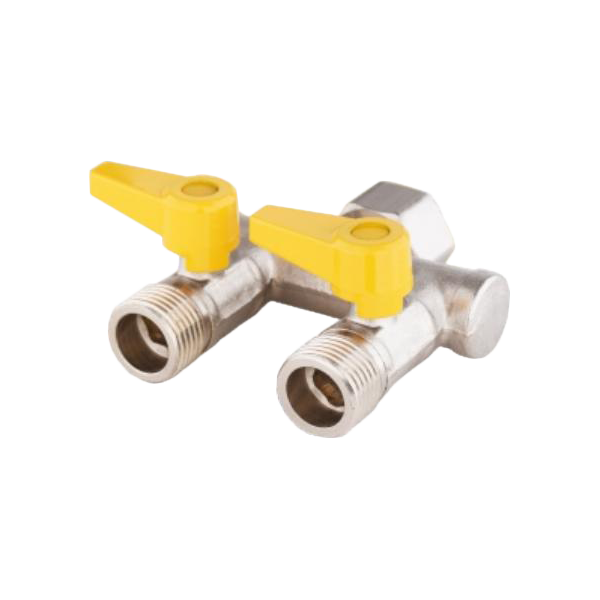As a homeowner, you rely on a wide range of appliances to keep your household running smoothly. One such appliance is your brass gas valve, which is responsible for regulating the flow of gas to your home's heating system. Over time, brass gas valves can become worn or damaged, leading to leaks, malfunctions, and even safety hazards. However, with proper maintenance, you can extend the lifespan of your brass gas valve and keep it working safely and efficiently for years to come. We'll provide some tips on how to maintain and extend the lifespan of your brass gas valve.
Schedule Regular Inspections
The first step in maintaining your
brass gas valve is to schedule regular inspections with a qualified HVAC technician. During an inspection, the technician will examine your gas valve for signs of wear, corrosion, or damage, and make any necessary repairs or replacements. Ideally, you should schedule an inspection at least once a year to catch any potential issues before they become major problems.
Clean and Lubricate the Valve
Over time, dust, dirt, and other debris can accumulate on your brass gas valve, leading to corrosion or damage. To prevent this from happening, it's important to clean your valve regularly using a soft cloth and a gentle cleaning solution. You should also lubricate the valve periodically with a high-quality lubricant to prevent it from becoming stiff or stuck.
Use the Valve Properly
One of the most important things you can do to extend the lifespan of your brass gas valve is to use it properly. This means only turning it on when you need to heat your home, and turning it off when you're not using it. You should also avoid adjusting the valve yourself, as this can cause damage or leaks. If you notice any issues with your valve, such as a gas smell or a hissing sound, you should immediately turn it off and contact a qualified technician.
Keep the Valve Protected
Another way to extend the lifespan of your brass gas valve is to keep it protected from external factors. For example, you should avoid storing anything near the valve that could accidentally hit or damage it. You should also keep the area around the valve clean and dry to prevent corrosion or rust from developing.
Replace the Valve When Necessary
Finally, if your brass gas valve is old or damaged beyond repair, it's important to replace it as soon as possible. While this may seem like an expensive or inconvenient task, it's crucial for the safety and efficiency of your heating system. A qualified technician can help you choose a new valve that is compatible with your system and install it safely and properly.
In conclusion, maintaining and extending the lifespan of your brass gas valve is crucial for the safety and efficiency of your heating system. By scheduling regular inspections, cleaning and lubricating the valve, using it properly, keeping it protected, and replacing it when necessary, you can ensure that your valve continues to function properly for years to come.

Coding : DSQ009 (U type)
Material : Pure copper valve body
Greatest pressure : 1.6MPa
Medium : Gas
Temperature : 0-100℃
Thread standard : ISO228












